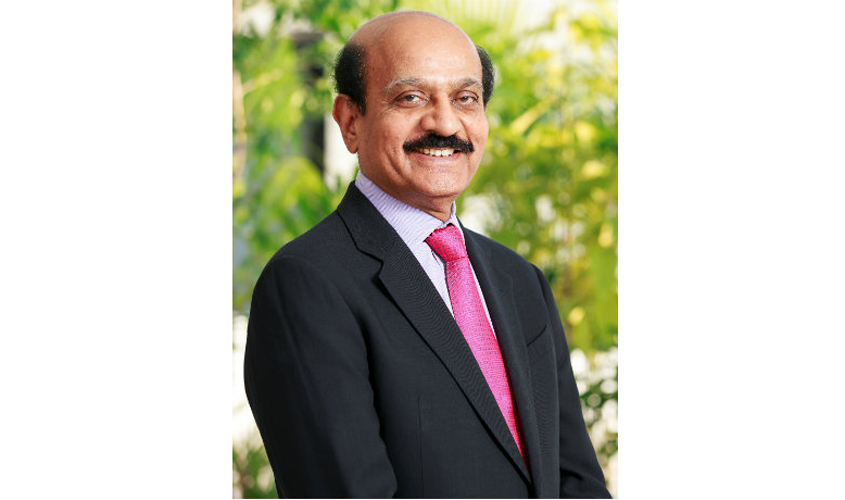B.V.R. Mohan Reddy, founder and executive chairman, Cyient (formerly Infotech Enterprises) and former Chairman NASSCOM (National Association of Software and Services Companies), is the only industry person to be honoured with the Padma Shri this year. He is also the second person from IT category, after Narayan Murthy, to receive the award. Recognised for placing India on the global map for leading-edge engineering research and development services, Reddy, based in Hyderabad, established Cyient in 1991, which is consistently ranked among the top 15 IT services exporters from India. Reddy feels that the IT sector in India is “extremely well-placed” and that recent restrictions imposed by the US administration will have only a ‘temporary effect’. Excerpts:
Q. India has emerged as a major IT hub. How do you see its position in the coming years?
A. India is extremely well placed as far as IT sector is concerned. We are doing IT exports worth $ 108 billion. The sector employs as many as 4 lakh people. There are about 250 good institutes, including the Indian Institutes of Technology (IITs), which supply good professionals. I think the prospects of the IT sector are bright.
Q. What will be the impact of US administration’s decision on H-1 B visa? Will it affect the Indian IT sector?
A. In my view, nothing will happen in the long run. It’s a temporary phase. There is a feeling worldwide that globalisation has not benefited some parts of the society. But the fact is that globalisation is irreversible. What is happening in the US is a temporary aberration. There is no executive order regarding H-1 B visa. I think things will get corrected.
Q. What are the challenges the IT industry is facing?
A. First is “protectionism” around the world, as I explained earlier. But I think it should be over. But the second challenge is major disruption in technical skills. There is a huge skill gap. As I said, there are four lakh people employed in the IT sector. In my view, out of them, three lakh need to be “re-skilled”. Technical hands are not keeping pace with the change taking place around the world. Skill is not matching with the industry requirement. It’s a complex problem. New technologies have come. But to match them, you have to have people. There is also a shortfall of good teachers in technical institutions/ engineering colleges.
Q. But there are thousands of engineering colleges in the country. Aren’t they supplying good, quality IT professionals?
A. Yes, there are many colleges. Most of them are privately managed, but they are not supplying quality professionals. There is the problem of right ecosystem. Courses and examinations are controlled by universities, which do not understand the requirements of the industry. The institutes/colleges should be given more autonomy so that they could design their courses, as per the market dynamics.

